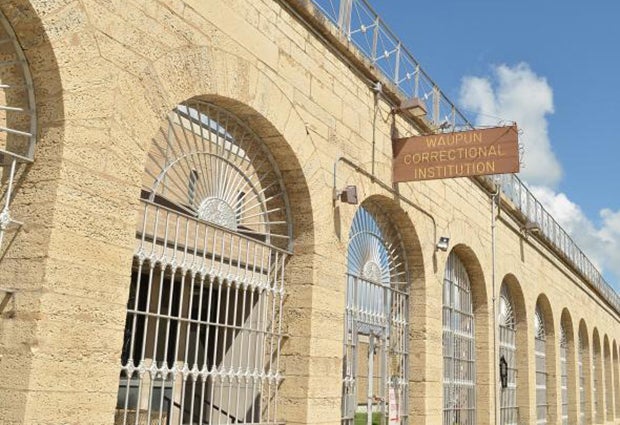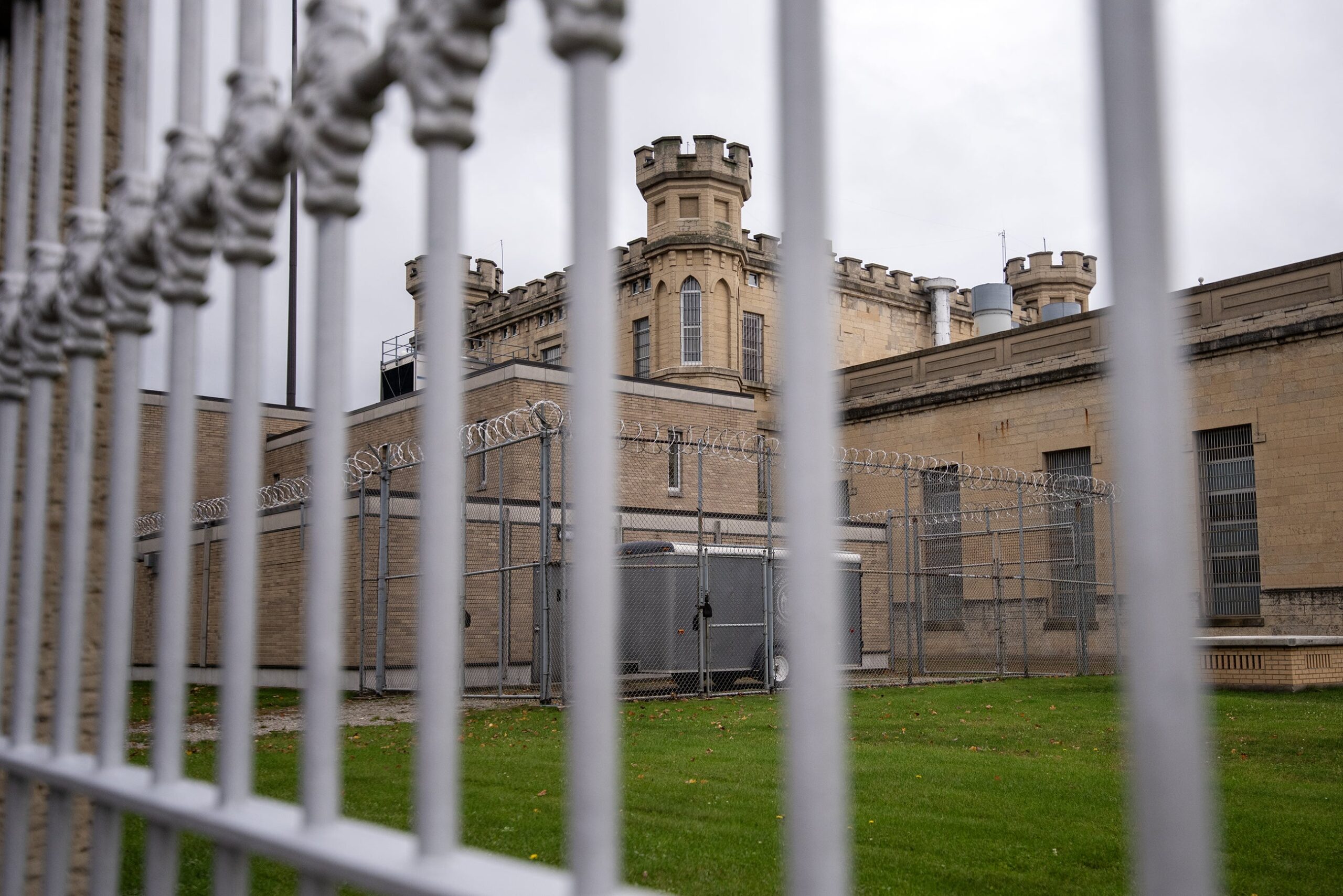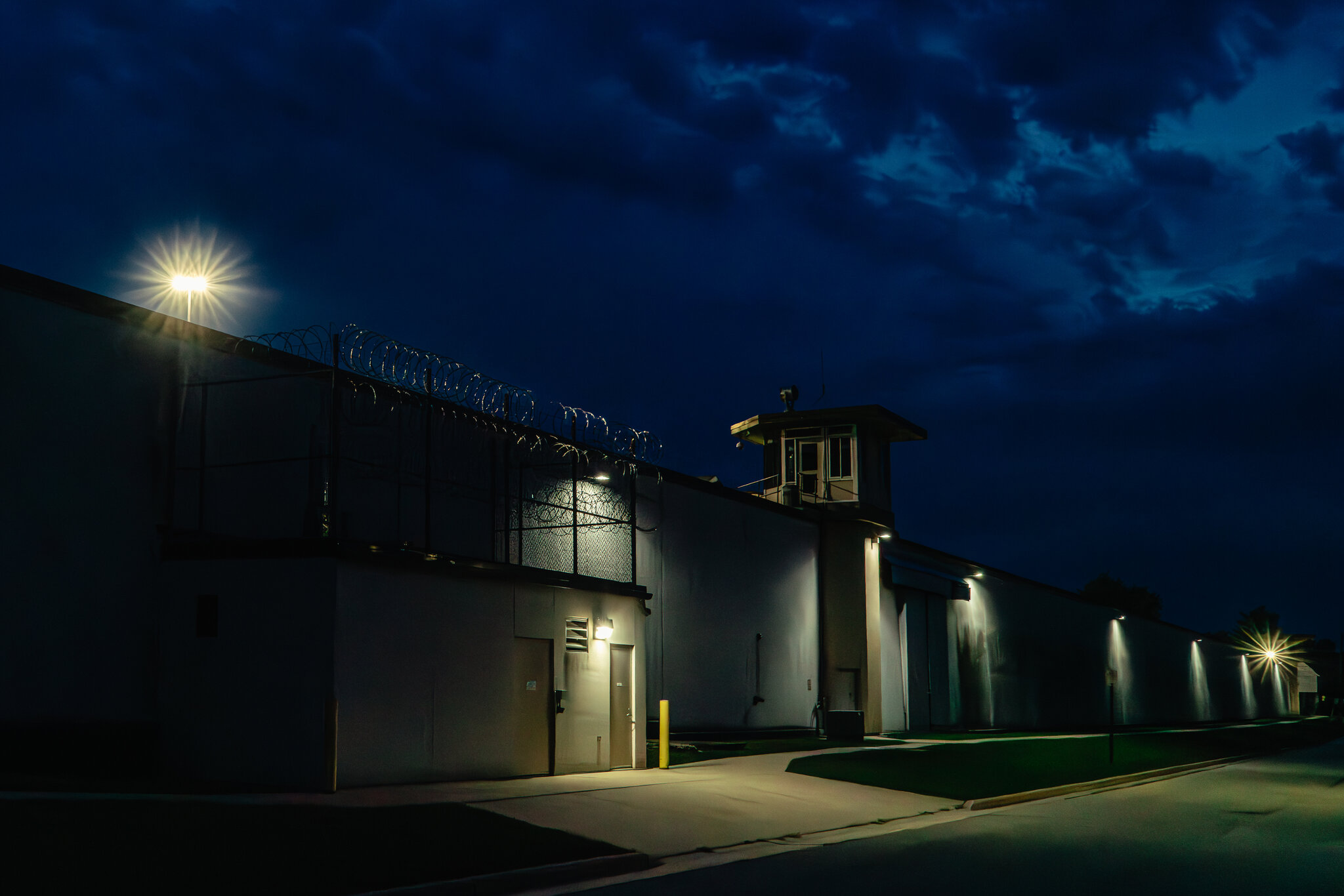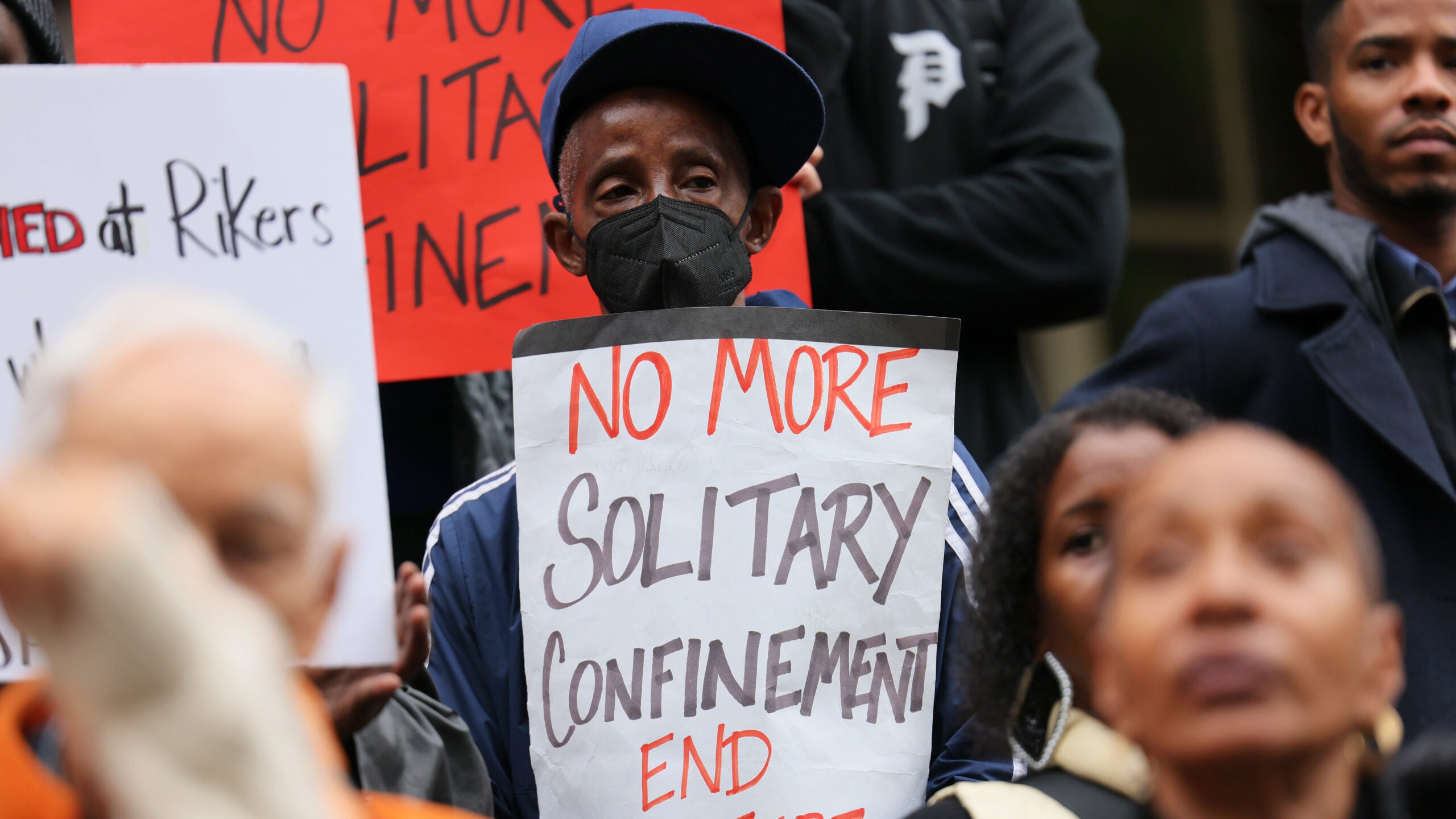New evidence gathered by the Wisconsin Center for Investigative Journalism raises questions about the Department of Corrections’ implementation of new policies reducing the disciplinary use of solitary confinement.
The number of inmates serving time in segregation last year is down by more than 200 from the year before. However, a WCIJ report has found that staff at the Waupun Correctional Institution weren’t told to post the new policies for inmates to see until 10 weeks after the rules were enacted.
Two inmates said they were never told of changes that cut solitary sanctions by 75 percent. One said he agreed to serve six months for fighting with another inmate, not knowing the new maximum was only four months.
Stay informed on the latest news
Sign up for WPR’s email newsletter.
Jerry Hancock of the prison reform group WISDOM said the group wants an independent consultant to review whether the new policies are being enforced.
“It’s like Ronald Reagan said — we need to trust, but verify,” said Hancock. “Without that independent verification, there’s no reason to believe that the Department of Corrections is doing what they say.”
The American Civil Liberties Union is also calling for outside oversight of the new policies. Larry Dupuis, the legal director of the group’s Wisconsin branch, said more needs to be done.
“They seem to be, at least in theory, on the right path on overuse of segregation and trying to reduce that. It would be better if we had transparency so that we could see if things like this are going on in other institutions,” said Dupuis.
WCIJ has long investigated the use of solitary confinement at the Waupun prison and elsewhere as part of its “Cruel and Unusual?” series of articles.
Wisconsin Public Radio, © Copyright 2024, Board of Regents of the University of Wisconsin System and Wisconsin Educational Communications Board.




